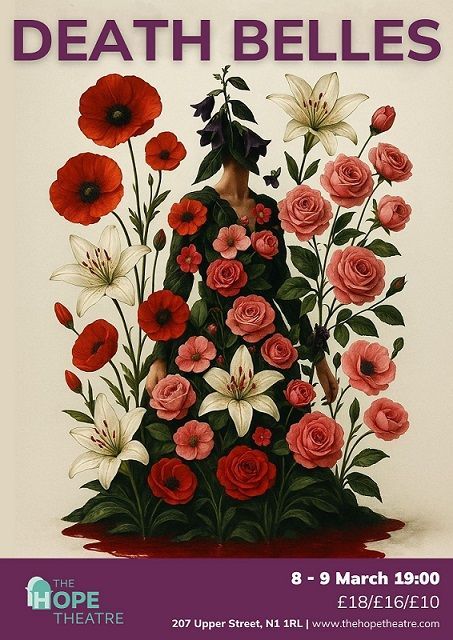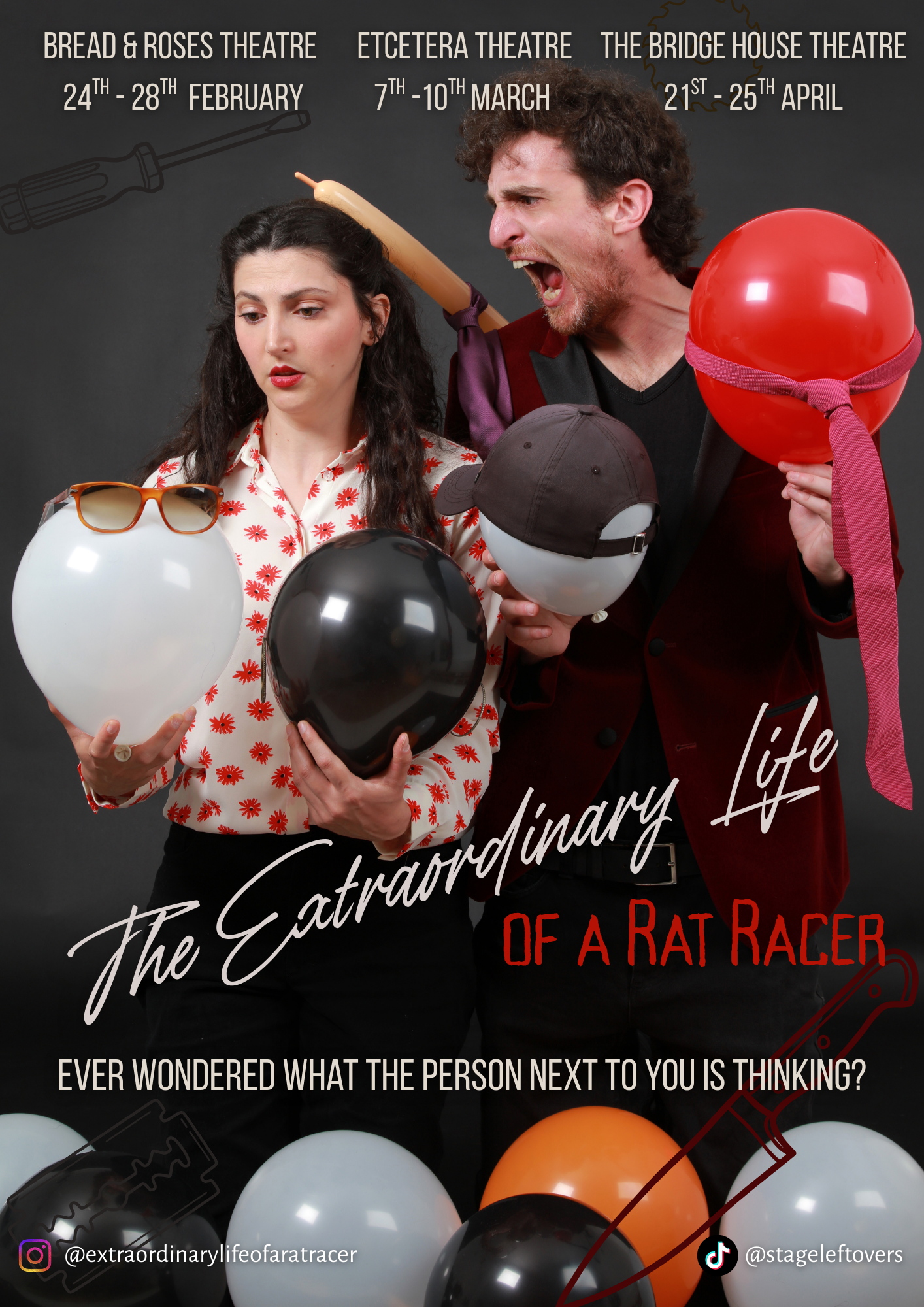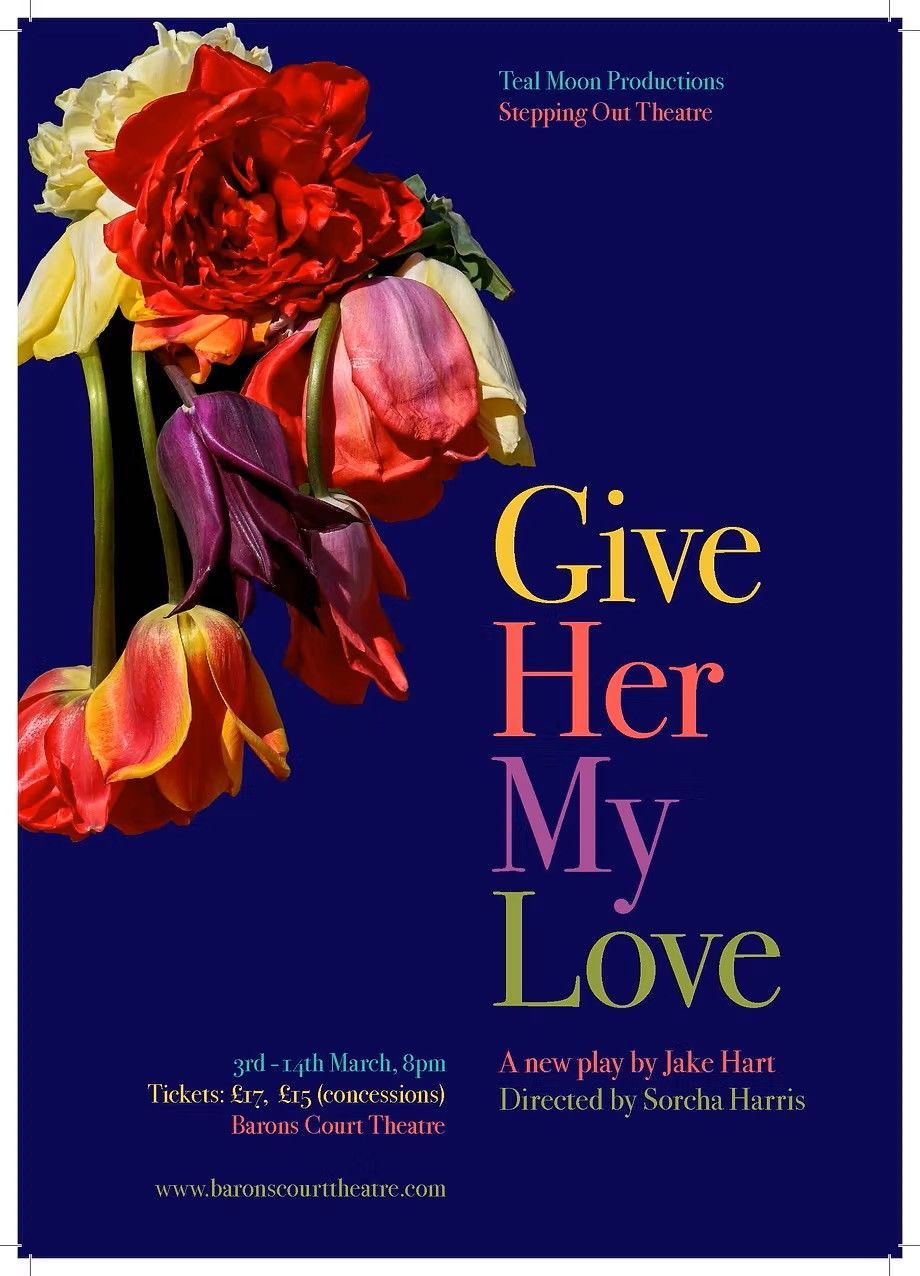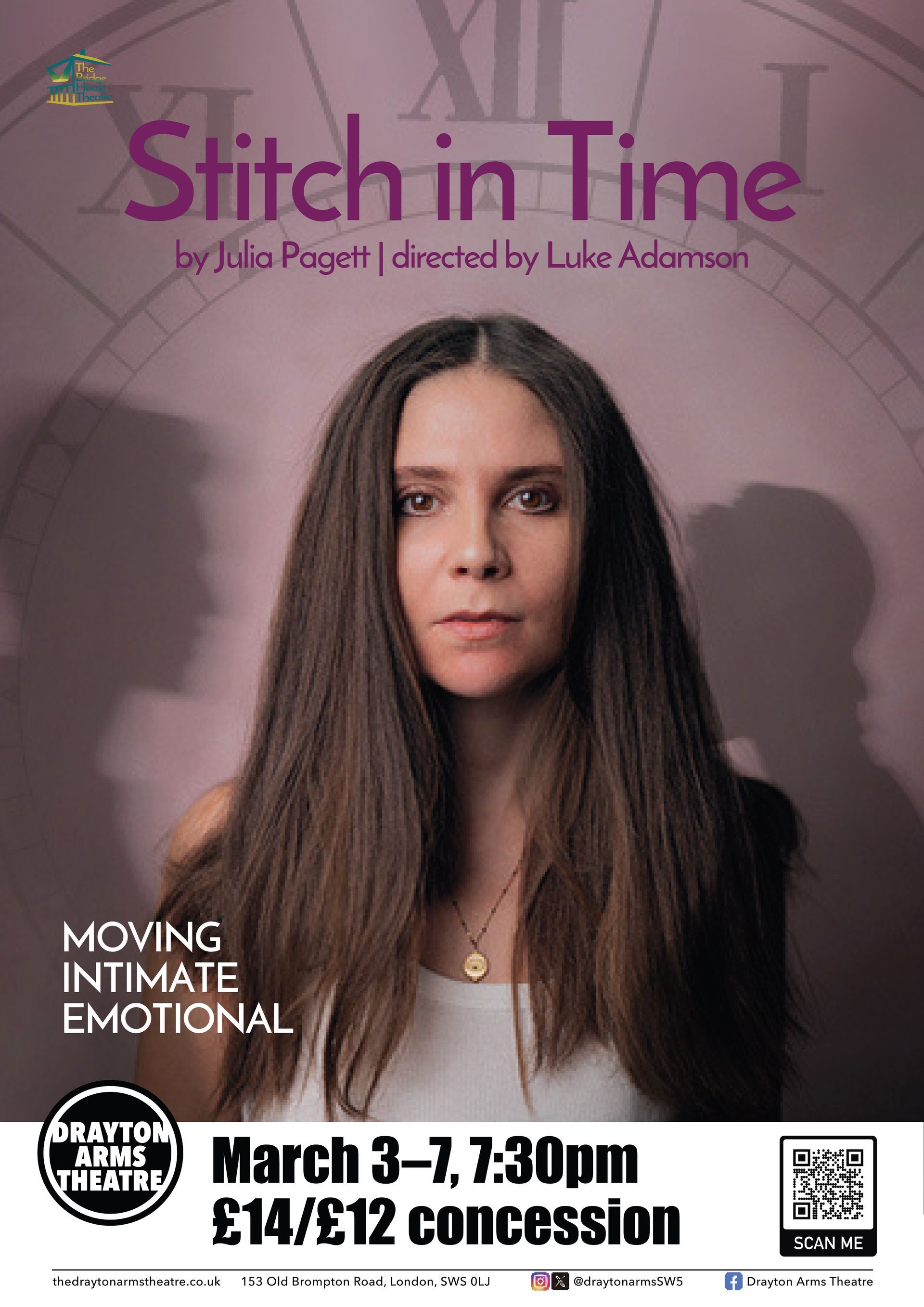REVIEW: THE MAIDS by Jean Genet, translated by Martin Crimp at Jermyn Street Theatre 9 - 22 January 2025
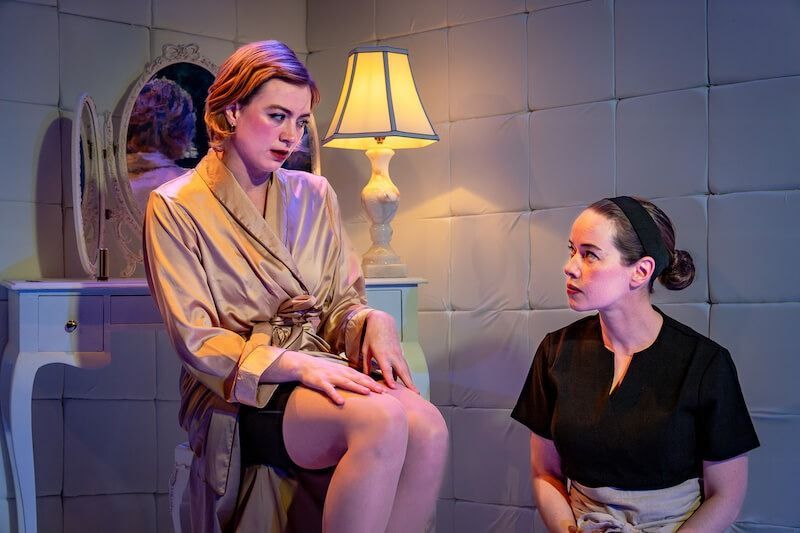
‘Martin Crimp’s translation breathes new life into the text’ ★★★★
‘The Maids’ is an uncomfortable and provocative play, dealing with themes of power, class, and twisted desire. At its core, the play is about the subversion of existing norms, regardless of the cost—symbolised by Claire’s eventual death. This text can be contextualised within its historical moments.
The unease it evokes reflects the time of its premiere in 1947, a post-war Europe devastated by poverty and starvation, while the United States rose as a global power. In this context, the two maids seem to embody a fractured Europe, yearning for but resenting America’s symbolic silk dress. In Annie Kershaw’s production, the maids’ twisted and violent tendencies feel palpably real, their desperation amplified.
Martin Crimp’s translation breathes new life into the text with its contemporary language and clarity, while retaining its poetic nature. When Katie Mitchell staged this script in 1999, during the turn-of-the-millennium frenzy reflecting the anxieties of Y2K, a time of great uncertainty, we can see a new kind of mistress.
Now, in 2025, Crimp’s translation has become so hard to obtain that its value has skyrocketed to £3,900, according to a blog! This scarcity raises a question: how does this story resonate in our age of ongoing war in Ukraine, rising conservative governments, extreme globalisation, and the climate crisis? Like the poster image of the production, isn’t the “madame” figure more fractured, lacking the satin sheen of past eras? Then, what role does this play occupy for contemporary audiences?
Kershaw’s meticulous attention to the text is evident throughout the production. The cues and direction are executed with precision, and the rigour of her textual analysis shines through. However, ‘The Maids’ is ultimately a play driven by the actors. It requires performances that navigate its layered realities, allowing for complexity and fluidity. While the production’s clear choices serve its structure, they sacrifice some of the subtlety inherent in Genet’s ritualistic storytelling.
The heart of the play lies in its rituals. The repeated ritual of the maids turns the entire play into a carnivalesque ceremony, devoting death as the scapegoat to oppressive society. The final scene, intended as a symbolic act of sacrifice, feels more like a conclusive end. This lack of ritualistic depth diminished the impact of Claire’s death. Genet’s work, along with Crimp’s incisive translation, is more than a narrative; it is a ritualistic offering to the world, a brutal carnival where the scapegoat’s death mirrors societal oppression. Emphasising this ritualistic nature could have elevated the performance, allowing the actors to build their energy more dynamically.
In the end, the mistress performed by Carla Harrison-Hodge gives vibrant energy in the middle of the show, and the two maids deliver solid performances under Kershaw’s clear directions. The set design of white tiles feels a bit ambiguous, the sound sometimes a bit too subtle, but it is undoubtedly a well-made show, as we would expect from this venue. Bringing this play at this time is a courageous directorial choice, and I wish this production could reduce the price of Martin Crimp’s translation of the play by printing more copies!
Photography: Steve Gregson
Jermyn Street Theatre and Reading Rep present;
THE MAIDS by Jean Genet, translated by Martin Crimp
Jermyn Street Theatre, London 9 - 22 January 2025
Reading Rep 28 January – 8 February 2025
CAST
Carla Harrison-Hodge - Mistress
Charlie Oscar - Claire
Anna Popplewell - Solange
CREATIVES
Jean Genet
Writer
Martin Crimp
Translator
Annie Kershaw
Director
Cat Fuller
Set & Costume Designer
Joe Dines
Composer & Sound Designer
Catja Hamilton
Lighting Designer
Adi Gortler
Movement and Intimacy Director
Heather Smith
Stage Manager
Molly Fraser
Costume Supervisor
Gus Hodgson
Assistant Director (placement)
Maia Thompson
Assistant Stage Manager
